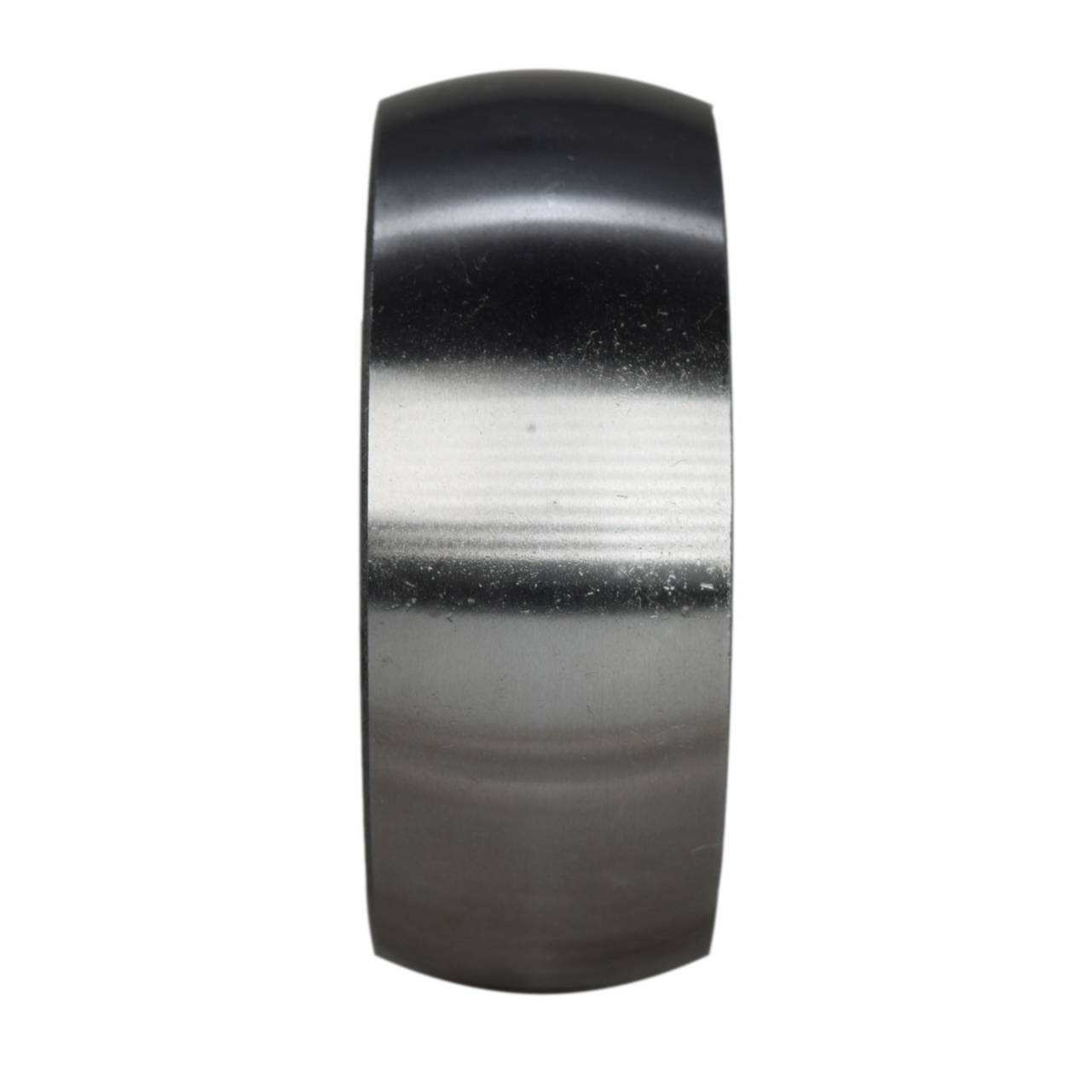Aug . 16, 2024 20:47 Back to list
Suppliers for Lubrication Solutions in Electric Motor Bearings
The Role of Lubricating Electric Motor Bearings Suppliers and Importance
Electric motors are integral to numerous applications across various industries, from automotive to manufacturing and beyond. A crucial component within these motors is the bearings, which support the rotor and enable smooth and efficient rotational movement. Proper lubrication of these bearings is vital, not only for optimal performance but also for extending their lifespan. As a result, selecting the right lubricants and suppliers is paramount for industries relying on electric motors.
Understanding Electric Motor Bearings
Electric motor bearings are designed to minimize friction between moving parts while supporting the shaft's radial and axial loads. There are two primary types of bearings ball bearings and roller bearings. Both types are crucial for ensuring that electric motors function smoothly and efficiently. However, due to the various operating conditions—such as temperature, speed, and environmental factors—identifying the appropriate type of lubricant is necessary.
Importance of Lubrication
Lubrication serves several key purposes
1. Friction Reduction Proper lubrication reduces friction between moving parts, leading to lower energy consumption and enhanced efficiency of the motor. 2. Heat Dissipation Lubricants help dissipate heat generated by friction, preventing overheating that could lead to premature failure of bearings.
3. Contaminant Removal Lubricants can aid in collecting and removing contaminants, such as dust and debris, which can degrade bearing performance.
4. Corrosion Protection High-quality lubricants protect the metal surfaces of bearings from corrosion, which can occur due to moisture and other environmental factors.
lubricating electric motor bearings suppliers

Selecting a Lubricating Supplier
With the importance of lubrication established, choosing a reliable supplier is critical. The right supplier should offer lubricants specifically formulated for electric motor bearings, considering the unique needs of different industries. Here are some factors to consider when selecting a lubricating supplier
1. Product Range A good supplier should provide a diverse range of lubricants tailored for different types of electric motor bearings and conditions. This includes options such as synthetic oils, greases, and specifically formulated lubricants for high-temperature or high-speed applications.
2. Quality Assurance Suppliers should adhere to stringent quality control measures. Certifications such as ISO or API standards are indicators of a supplier's commitment to producing high-quality lubricants.
3. Technical Expertise It’s beneficial to partner with suppliers who offer technical support, helping customers choose the right lubricants based on specific applications and operating conditions.
4. Reputation and Experience Suppliers with a proven track record in the industry often have better insight into customer needs and the best practices for lubricating electric motor bearings.
5. Sustainability Practices In today's eco-conscious environment, many businesses prefer suppliers who engage in sustainable practices, such as offering biodegradable lubricants or containers made from recycled materials.
Conclusion
The lubrication of electric motor bearings is a critical maintenance task that requires attention to detail and a deep understanding of the operating conditions. By partnering with reliable suppliers who provide high-quality lubricants tailored to electric motor applications, businesses can ensure optimal performance, extend the life of their motors, and reduce operational costs. In a competitive marketplace, effective lubrication management is not just an accessory; it is an essential strategy for achieving efficiency and reliability in electric motor operations.
Latest news
-
25MM 2 BOLT UCFLX05-14 Flange bearing unit( oval)
NewsMar.07,2025
-
4 bolt UCF 200 series Pillow block bearings
NewsMar.07,2025
-
25MM 2 BOLT UCFLX05-14 Flange bearing unit( oval)
NewsMar.07,2025
-
UCF216-50 4-Bolt Flange Housing Square Bearing
NewsMar.07,2025
-
25MM 2 BOLT UCFLX05-14 Flange bearing unit( oval)
NewsMar.07,2025
-
spherical roller bearing material exporter
NewsMar.07,2025





